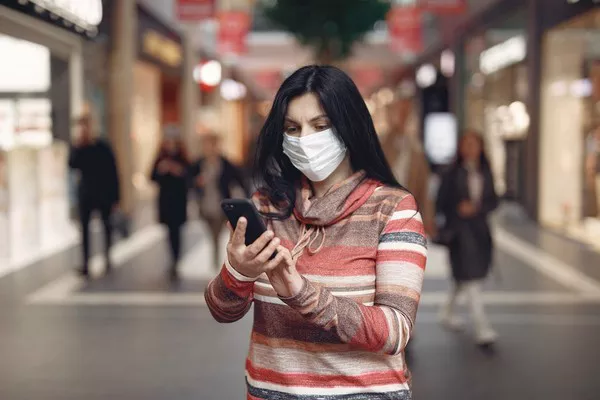Swollen lips can be uncomfortable and concerning, especially when they are caused by allergies. Allergic reactions can trigger inflammation and swelling of the lips, leading to discomfort and changes in appearance. In this article, we will explore the common allergens that cause swollen lips, the symptoms to watch out for, and measures to prevent and manage allergic reactions.
Common Allergens Causing Swollen Lips:
1. Food Allergies:
Certain foods can cause allergic reactions that manifest as swollen lips. Common culprits include nuts, shellfish, eggs, dairy products, soy, and wheat. The allergic response is triggered by the body’s immune system overreacting to specific proteins in these foods.
2. Insect Stings and Bites:
Bee stings, wasp stings, and ant bites are known allergens that can cause localized allergic reactions, including swollen lips. The venom injected by the insect triggers an immune response, leading to swelling and redness.
3. Medications:
Some medications can trigger allergic reactions in certain individuals, resulting in swollen lips and other symptoms. Antibiotics (penicillin, sulfa drugs), nonsteroidal anti-inflammatory drugs (NSAIDs), and certain seizure medications are common allergens.
4. Cosmetics and Personal Care Products:
Ingredients in lip balms, lipsticks, and other cosmetic products can cause allergic reactions in sensitive individuals, leading to lip swelling and irritation.
5. Latex:
Latex is a common allergen found in gloves, balloons, and other rubber products. Contact with latex can cause allergic reactions that may involve swollen lips in some cases.
Symptoms of Allergic Reactions:
In addition to swollen lips, allergic reactions can present with various symptoms, depending on the severity of the response. Common signs of allergic reactions include:
Redness and rash around the lips and mouth
Itching and tingling sensation
Hives or raised, itchy welts on the skin
Difficulty breathing or swallowing (severe reactions)
Swelling of the face, tongue, or throat (severe reactions)
Nausea, vomiting, and abdominal pain (food allergies)
Preventing and Managing Allergic Reactions:
1. Identify and Avoid Allergens:
If you experience swollen lips or other allergic symptoms, try to identify the trigger by reviewing recent exposures to foods, medications, or products. Once identified, avoid contact with the allergen to prevent further reactions.
2. Allergy Testing:
If you frequently experience allergic reactions, consider undergoing allergy testing to identify specific allergens. Allergy testing can be done through skin prick tests or blood tests, and it can help determine which allergens to avoid.
3. Carry an Epinephrine Auto-Injector:
Individuals with known severe allergies, especially to insect stings or certain foods, should carry an epinephrine auto-injector (such as an EpiPen). This device can be life-saving in case of a severe allergic reaction (anaphylaxis) and should be used immediately if needed.
4. Read Labels:
Always read the labels of food products and cosmetics to check for potential allergens. Choose hypoallergenic and fragrance-free products whenever possible.
5. Seek Medical Attention:
If you experience severe swelling, difficulty breathing, or other concerning symptoms, seek immediate medical attention. Anaphylaxis is a medical emergency and requires immediate treatment.
Treatment for Swollen Lips Due to Allergies:
For mild cases of swollen lips due to allergies, over-the-counter antihistamines or topical corticosteroids may provide relief. However, it is essential to consult with a healthcare professional for proper diagnosis and treatment recommendations. Severe allergic reactions, especially those involving difficulty breathing or anaphylaxis, require immediate medical attention, including the administration of epinephrine.
Conclusion:
Swollen lips caused by allergies can be distressing, but with proper identification of allergens and preventive measures, such reactions can be managed effectively. If you experience persistent or severe allergic reactions, consult with an allergist or healthcare professional for appropriate testing and treatment options. Identifying and avoiding allergens, carrying necessary medications, and seeking immediate medical attention for severe reactions are crucial steps in managing allergic reactions and promoting overall well-being.


